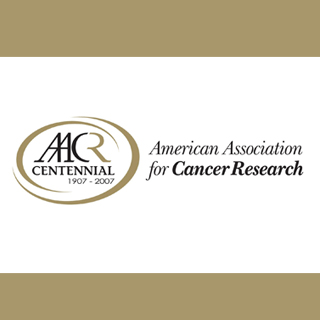
The trial seeks to evaluate the benefits of dietary supplementation in terms of cancer prevention. As part of the analysis, 98 women were randomly assigned to consume mixed soy isoflavone supplement or placebo. Nearly 4,000 breast cancer epithelial cells of these women were located by fine needle aspiration biopsy. After a span of 6 months, the team measured the proportion of Ki-67, which serves as a protein marker for cancer cell proliferation.
“Simply put, supplements are not food. Although soy-based foods appear to have a protective effect, we are not seeing the same effect with supplementation using isolated components of soy, so the continued testing of soy supplements is likely not worthwhile,†commented, lead researcher Seema A. Khan, M.D., professor of surgery at the Robert H. Lurie Comprehensive Cancer Center of Northwestern University.
According to the results, both the groups did not apparently show any difference in Ki-67 levels at the conclusion of 6 months. However, in case of premenopausal women, the amount of Ki-67 seemingly rose from 1.71 to 2.18. This implied that the supplementation influenced these subjects negatively.
Initial studies showing that selenium and beta-carotene supplementation helps in preventing lung cancer has also been negated by experts. The team believed that food is complex and there could be a hidden mechanism which works against cancer.
The study is published in Cancer Prevention Research, a journal of the American Association for Cancer Research.
